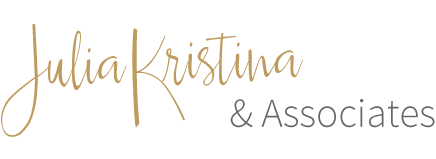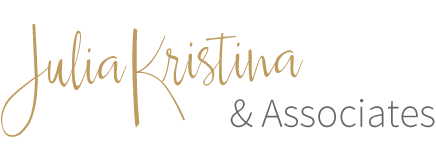 There seems to be a bit of a misconception with some of us that in order to be a “good” or “strong” person we must not react to upsetting interactions with others, be it friends, family members, roommates, coworkers etc. The whole idea of turning the other cheek – meaning that if someone slaps you across the face you are to turn and present the other cheek for them to continue their assault – doesn’t sit well or really actually make that much sense to me. If the alternative is to smack them back, then no, I’m not proposing that. Not at all. But what about a third option? What about saying to our aggressor “Please do not slap (read: call me down, speak rudely to, yell at) me. I do not like that, and will not tolerate that. If you are angry with me, tell me why you are angry and let’s talk about it, and see if we can work this out. If we are feeling too emotionally charged to talk about this now, let’s plan a time later on when we have cooled off.”
There seems to be a bit of a misconception with some of us that in order to be a “good” or “strong” person we must not react to upsetting interactions with others, be it friends, family members, roommates, coworkers etc. The whole idea of turning the other cheek – meaning that if someone slaps you across the face you are to turn and present the other cheek for them to continue their assault – doesn’t sit well or really actually make that much sense to me. If the alternative is to smack them back, then no, I’m not proposing that. Not at all. But what about a third option? What about saying to our aggressor “Please do not slap (read: call me down, speak rudely to, yell at) me. I do not like that, and will not tolerate that. If you are angry with me, tell me why you are angry and let’s talk about it, and see if we can work this out. If we are feeling too emotionally charged to talk about this now, let’s plan a time later on when we have cooled off.”
If we are met with some form of aggression, verbal or otherwise, how is it helpful to be a passive recipient of that aggression? If the aggressor learns that he or she can be aggressive or offensive with their words without consequence, opposition, or accountability in any way, shape, or form, how is that helpful to anyone? How are they to know that this type of behaviour is not okay?
Actually, one of the reasons some people react with physical or verbal violence is because they have not really learned how to express themselves in clear and assertive ways with their words, and have thus resorted to physical and verbal violence as a (very destructive) form of communication.
I was working with a woman one time who asked me if I would think she was a bad person if she was to tell her roommate that she doesn’t like being yelled and called down when her roommate is displeased with her.

